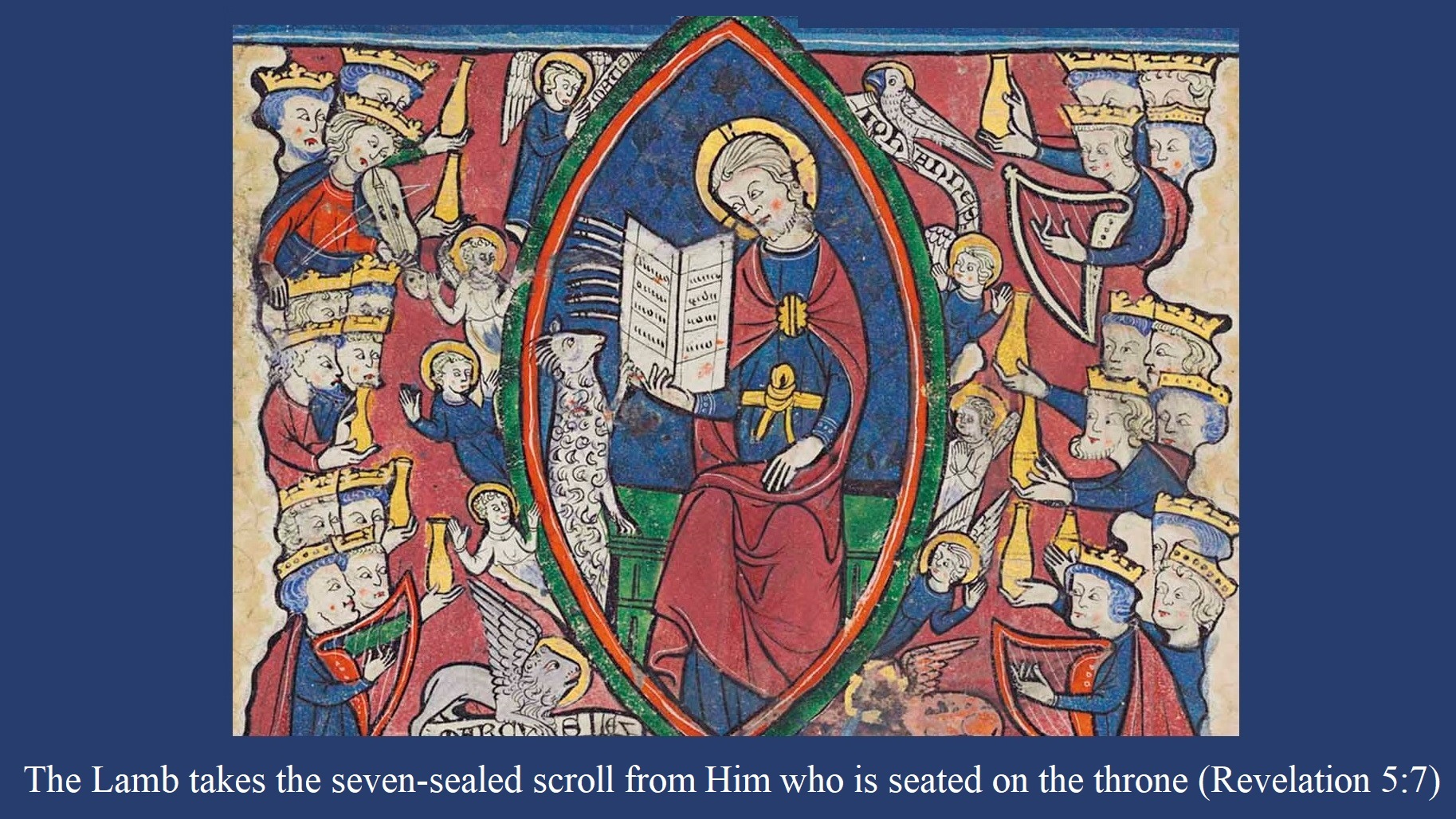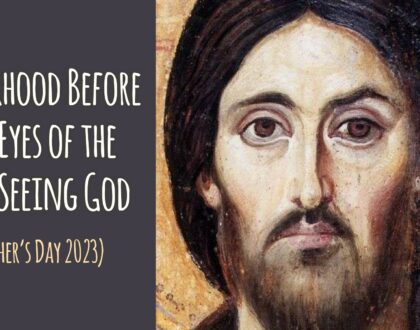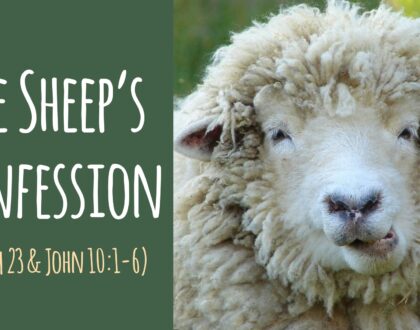“That All May Honor The Son, Just As They Honor The Father” (John 5:21-23)

by Pastor Gene
John 5:24-26
5:24“Truly, truly, I say to you, whoever hears my word and believes him who sent me has eternal life. He does not come into judgment, but has passed from death to life. 25 “Truly, truly, I say to you, an hour is coming, and is now here, when the dead will hear the voice of the Son of God, and those who hear will live. 26 For as the Father has life in himself, so he has granted the Son also to have life in himself.”
- Consider John 5:24 in light of Matthew 17:5. Any thoughts?
- According to Jesus in John 5:24, what two verbs lead to exuberant, forever life (“eternal life”)? How do they remind us of children? What does it mean to “not come into judgment”?
- What ‘great transfer’ does Jesus describe in John 5:24? What does ‘eternal life’ include? What does it specifically include according to this verse?
- Beasley-Murray calls John 5:24 “the strongest affirmation of realized eschatology [that is, the future happening here and now] … in the [entire] New Testament!” What do you think he means by this? [Think about the ‘nowness’ in the verse.]
- Pink writes that John 5:24 “has been used of God to bring peace and assurance to many a troubled soul.” Why might this be so?
- What does Jesus mean when He says, “an hour is coming, and is now here” in John 5:25? What’s happening ‘now’?
- What are the two ways Jesus uses the word “hear” in John 5:25? Who are the ‘listening dead’ of whom He speaks? And, not for nothing,’ but how can “dead” people hear at all?
- Jörg Frey argues that what Jesus claimed was happening “now” when He gave this ‘divinity sermon’ (“now” in 5:25) continues into our very own “now.” Is this true? If so, how? By what means does it continue?
- Consider John 5:26 in light of John 1:4 & 11:25-26, 1 John 1:2, and John 1:18 [especially in the NASB]. What comes to mind?
- I contend that these verses show that Jesus is the God of the living, of the dead, and of the living-dead. What do you think I’m getting at by claiming this? Can you think of any ‘living-dead’ verses in the Bible?
Recommended Posts

Reflection Questions: Fatherhood Before the Eyes of the All-Seeing God (Father’s Day 2024)
June 16, 2024


